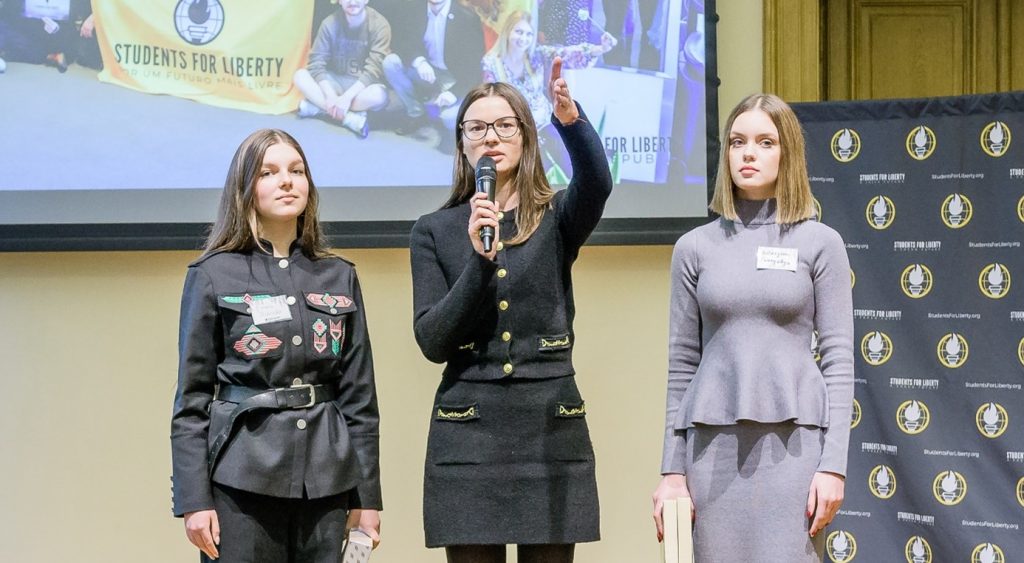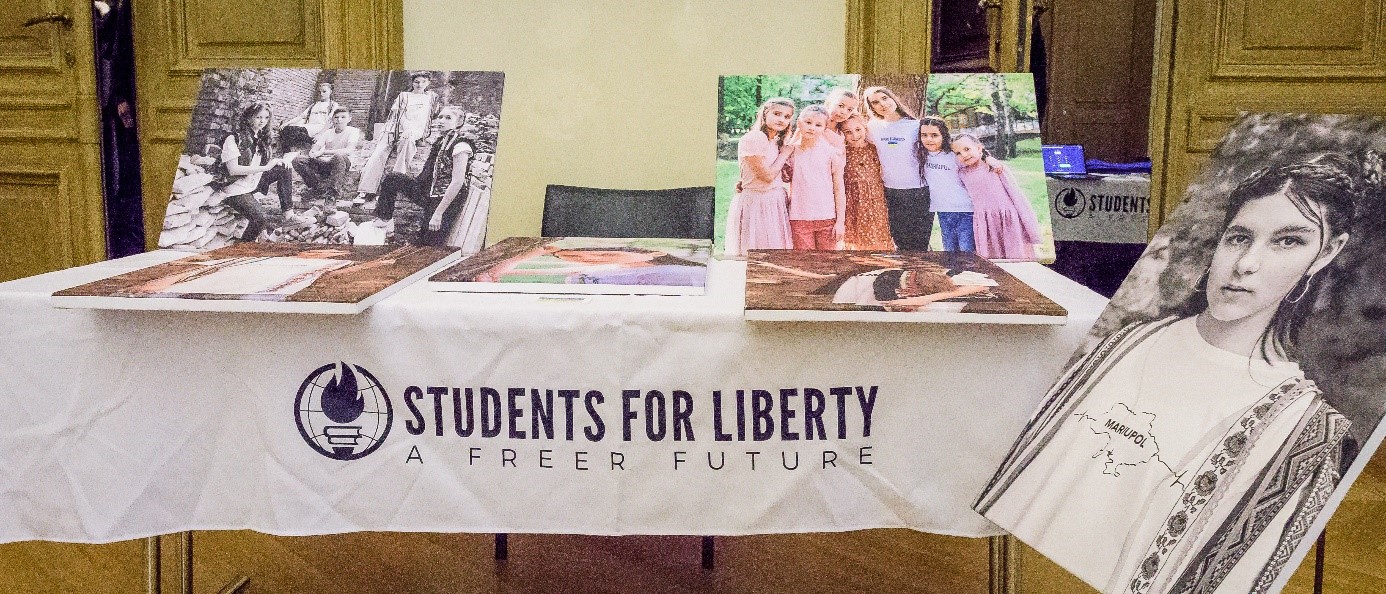With many countries in Central Europe in the election season and with the ongoing violence in Israel and Gaza, the war in Ukraine has somewhat disappeared from the front pages. Indeed, several leading political forces in Central Europe have become less outspoken about their support for Ukraine or have indicated an intention to scale it down, hoping to regain support from populist factions.
It is a well-documented and observed phenomenon that prior to elections, governments tend to lean into more protectionist rhetoric and occasionally also policies. However, in the context of the war in Ukraine, undermining the majority that still supports sending aid to the country’s defence, particularly in Poland and the Czech Republic, could have dire long-term consequences not only for the conflict itself, but also for the political trajectory of these countries as pro-Western democracies.
These are some of the issues that we have addressed at the Capitalism of the Future conference, organized by the Czech Students for Liberty and supported by the Liberální institut, held in Prague on November 4, in collaboration with our Ukrainian partner project, Podruzhky.
Podruzhky is a Ukrainian media project dedicated to telling the stories of the victims of the Russian invasion and the human perspective of those most affected: the children from war-destroyed cities.
The project is led by Marisya Tomaszewska, a journalist and the daughter of one of the victims of the very first day of the full-scale Russian invasion. At the conference, she shared her story with around 130 student attendees, as well as a recent story recorded by the Podruzhky project with an inhabitant of Sumy, about the way his city came under attack at the beginning of the war.
WATCH THE VIDEO
Apart from sharing stories, we also discussed the need to continue having this conversation especially in the countries in Central Europe and to combat the fatigue that has set in the region after the near two years of the conflict, in order to not let the support for a country’s defence against a foreign invader vane.
To achieve this, Central Europeans should not only maintain their private charitable efforts, as they have since the war started, but should also be vocally pushing back against populist protectionist and isolationist policies, such as the limits on import of Ukrainian produce – not only for Ukrainian, but also their own countries’ sake.
WATCH THE VIDEO
Continue exploring:
Reforming and Enlarging EU for 21st Century [PODCAST]
It Is Not Right to Punish People for Expressing Support for Hamas




